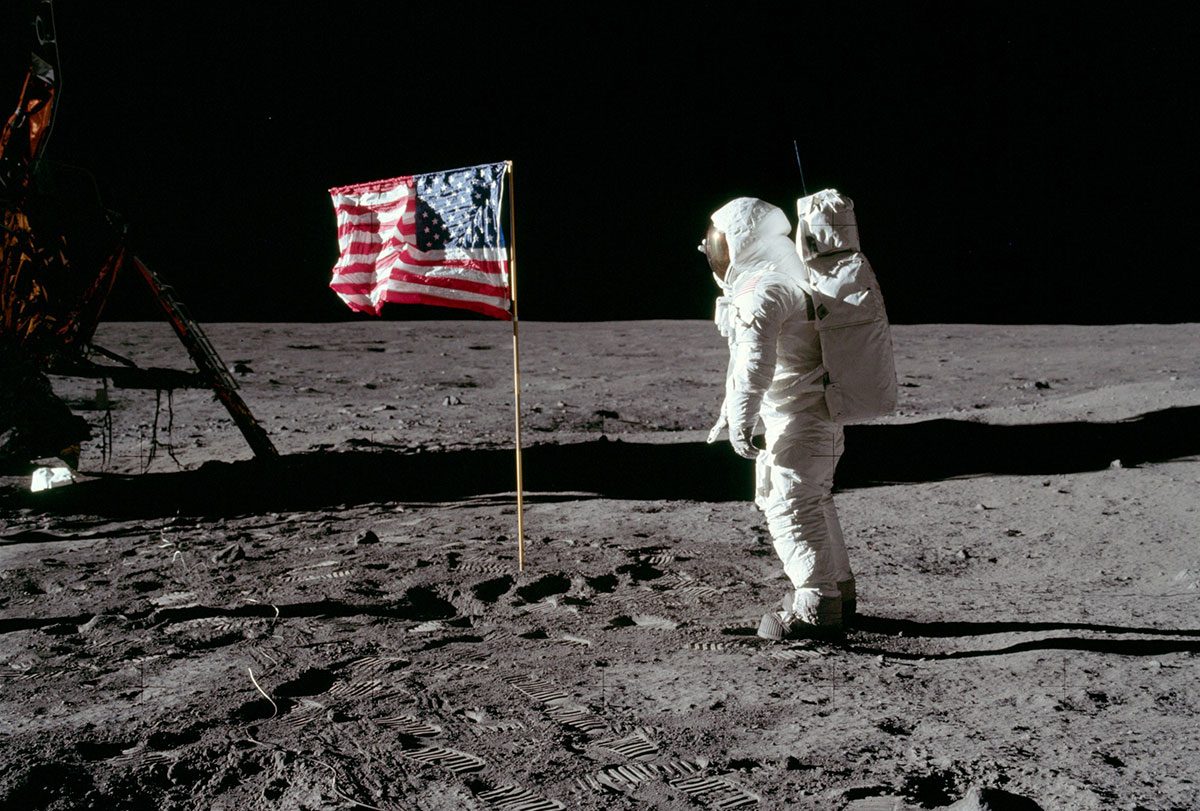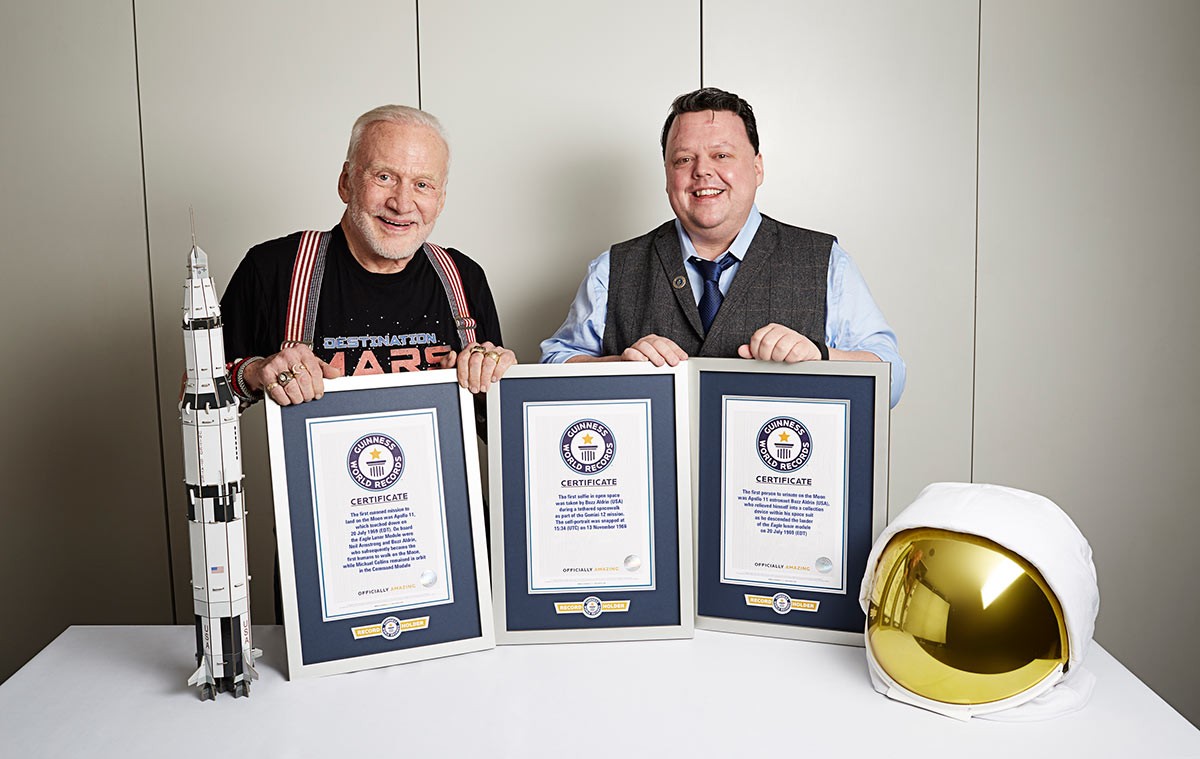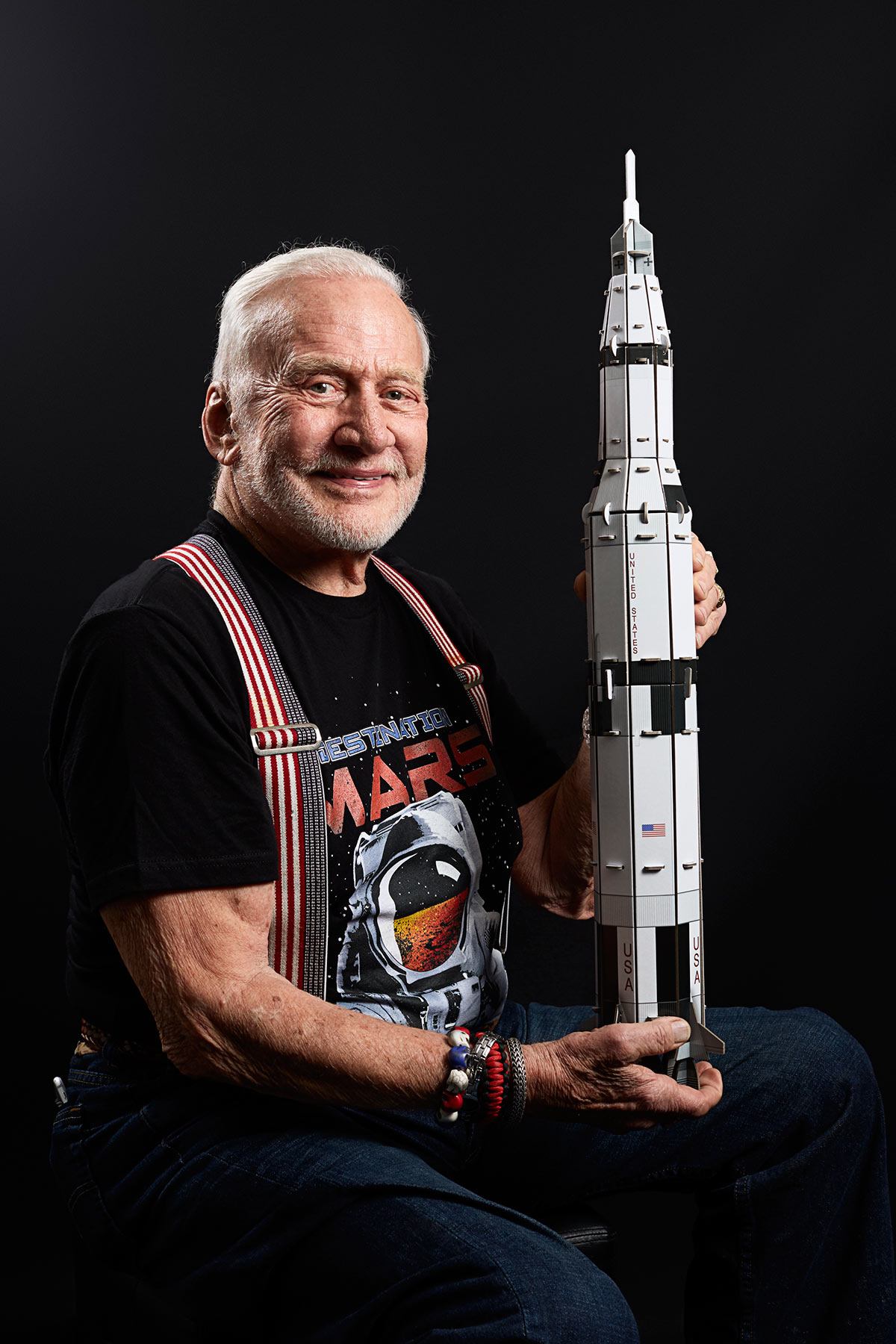That's because, garbled speech transmission or not, Armstrong and fellow astronaut Buzz Aldrin made the most indelible kind of history that night, setting a record as the First men on the Moon.
Now, one of the core principles of Guinness World Records achievements is that "firsts" are not acceptable.
As records are meant to be broken, crediting someone as the "first" to accomplish any type of achievement would render the whole system pointless.
But Guinness World Records makes occasional exceptions for the most exemplary, most iconic, most revolutionary achievements, singling these "firsts" out as immortal and unbreakable.
Safe to say that setting foot on the Moon ticks all of those boxes.






